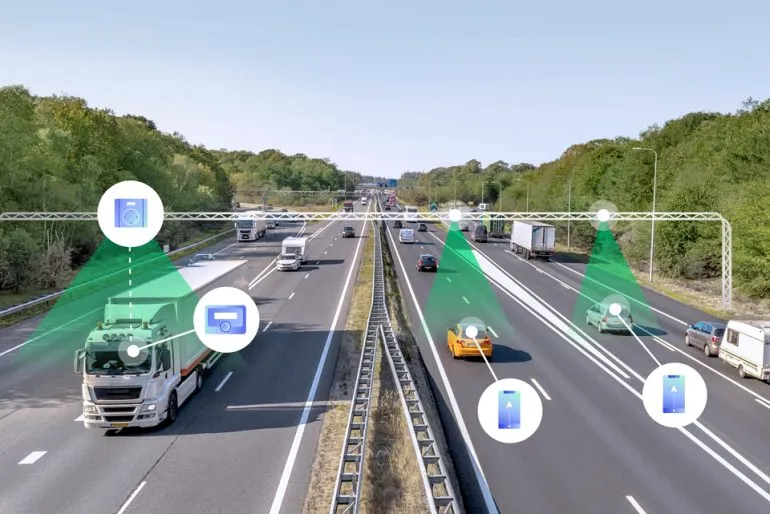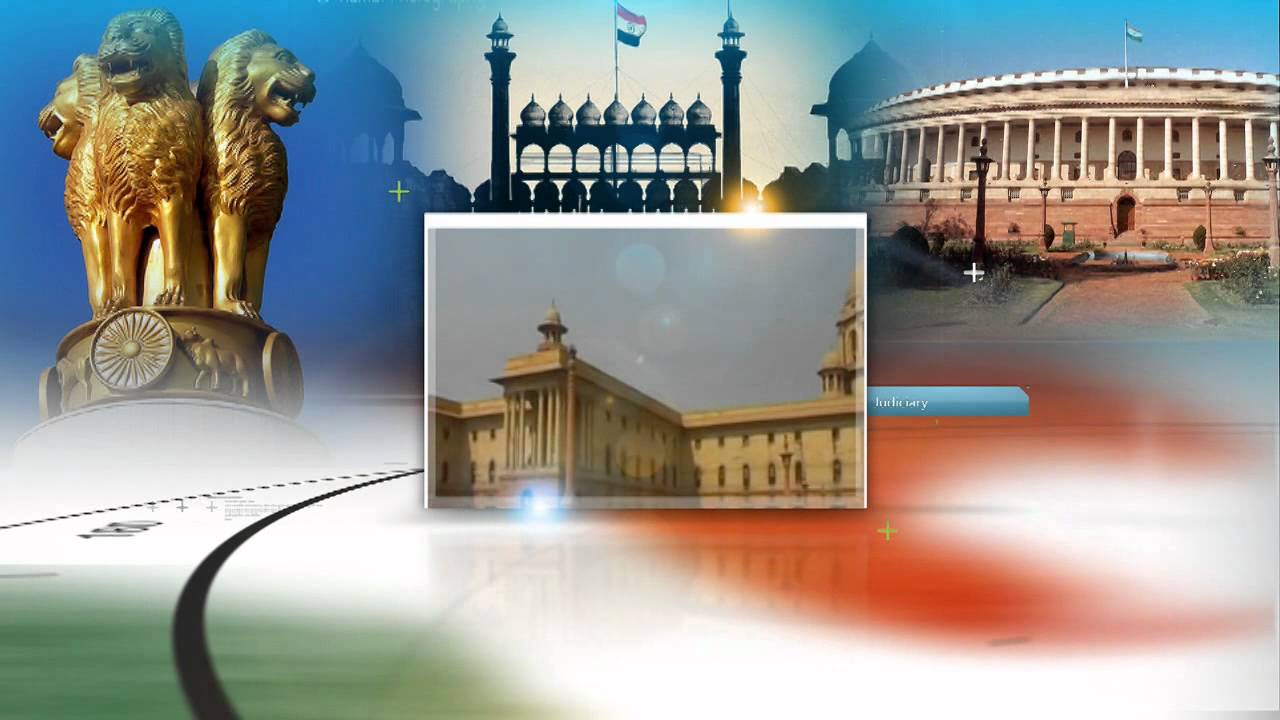Font size:
Print
India’s Emancipatory Rise and Strategic Autonomy in a Changing Global Order
India’s Rise in Changing Global Order beyond the Economic Narrative
Introduction: India’s contemporary rise is not confined to economic growth or demographic dividends alone. It reflects a civilisational assertion that challenges the existing norms of global governance.
- In a rapidly transitioning multipolar world, India is asserting a strategic autonomy that is reshaping how power and influence are distributed.
- This emancipatory shift reflects India’s growing ability to resist binary geopolitical choices, articulate indigenous development models, and promote a rules-based but pluralistic international order.

Parameters of India’s Civilisational Rise and Strategic Assertion
- Assertive Economic Diplomacy and Global Growth Leadership
- India’s measured and mature response to U.S. tariff hikes—especially the 26% surcharge under Trump—highlights a diplomacy rooted in long-term interest rather than reactionary confrontation.
- While countries like China and the EU retaliated, India opted for constructive engagement, pursuing agenda-driven trade negotiations.
- With a projected GDP growth rate of 6.6% in FY 2024–25, India is emerging as the fastest-growing major economy, outpacing the USA (2.4%), China (2.4–2.8%), and Germany (-0.2%). This economic dynamism underpins its growing geopolitical influence.
- India’s measured and mature response to U.S. tariff hikes—especially the 26% surcharge under Trump—highlights a diplomacy rooted in long-term interest rather than reactionary confrontation.
- Digital Infrastructure as a Tool of Soft Power:
- The development and global export of the India Stack—a public digital infrastructure—demonstrates India’s unique approach to inclusive growth.
- By ensuring financial inclusion, eliminating intermediaries, and empowering citizens, this digital ecosystem has become a model for the Global South.
- Strategic Autonomy in Foreign Policy
- India’s foreign policy is characterised by non-alignment 2.0, manifested through participation in seemingly contradictory groupings such as Quad (USA, Japan, Australia) and BRICS (Brazil, Russia, China, South Africa).
- It maintains energy ties with Russia, while simultaneously purchasing defence equipment from France, showcasing its ability to balance relations without compromising sovereignty.
- On critical issues like Russia’s war in Ukraine, India has called for respect for international law while refraining from outright condemnation. Similarly, India’s calibrated stance on Israel-Palestine reflects its commitment to issue-based alignment rather than bloc politics.
- Civilisational Diplomacy and Indian Values
- India’s diplomacy is increasingly rooted in its civilisational ethos, drawing on principles such as Vasudhaiva Kutumbakam (“The world is one family”), which guided its G20 presidency in 2023. This approach blends liberalism with cultural pluralism, extending inclusion not only to humans but also to non-human life and the environment—a contrast to transactional global politics.
Unresolved Challenges in India’s Emancipatory Journey
- Western Double Standards and Global Governance
- India frequently encounters Western hypocrisy, particularly in the application of normative standards. For instance, while Western powers negotiate with the Taliban, similar engagements by others are condemned. As EAM S. Jaishankar has argued, global governance must ensure fairness and consistency.
- Europe’s selective economic engagement is also problematic. While Germany maintains record investments in China, and the EU-China investment agreement was signed during the pandemic under opaque conditions, India’s trade and investment engagement with Europe has faced inertia.
- Challenges in India-Europe Strategic Engagement
India’s Global Vision and Demands for a Fair Order
India’s rise is not aimed at hegemonic dominance but at building a multipolar world grounded in mutual respect and sovereign equality. Its global vision includes:
- UNSC reform to reflect contemporary power realities
- Equitable trade rules that do not marginalise the Global South
- Respect for indigenous development models that differ from Western or Chinese approaches
India seeks to reframe global governance by prioritising voice, justice, and equity. It insists that rules should not be designed by a few for the many, but through inclusive processes.
- While there have been some initiatives—such as the India-Germany Green Energy and Hydrogen Partnership (2024)—security cooperation remains underdeveloped. France’s Rafale deal (2016) stands in contrast to Germany’s stalled submarine project, despite being the sole bidder.
- The long-pending India-EU Free Trade Agreement, under negotiation since 2007, remains elusive. Narlikar critiques the slow pace and calls for greater political commitment, deeper investments, and an intellectual openness to Indian complexity.
- Underutilised Convergences and Synergies
- Potential synergies exist in cybersecurity, environmental regulation, and data governance—areas where India and Europe may align more closely than Europe-USA relations. Yet, these remain underexplored due to a lack of strategic imagination and investment.
- Barriers to Mobility and Inclusion in Europe
- Restrictive labour and migration policies in Germany limit the inflow of skilled Indian professionals. Cumbersome visa procedures, racial biases, and the absence of Indian representation at senior levels of governance and corporate structures contrast with the more inclusive environments of the UK and the USA.
- Misreading Indian Democracy
- India is often subject to superficial criticisms about democratic backsliding. However, as Narlikar argues, India remains a functioning democracy with frequent elections, vibrant opposition, and a non-monolithic political landscape where the ruling party does not always win.


